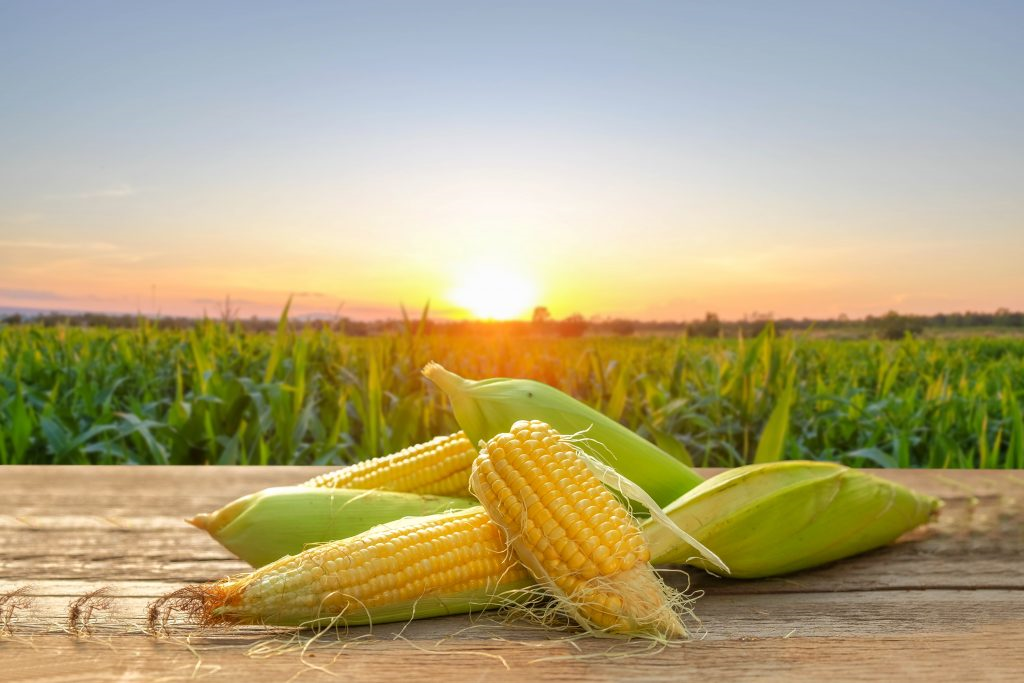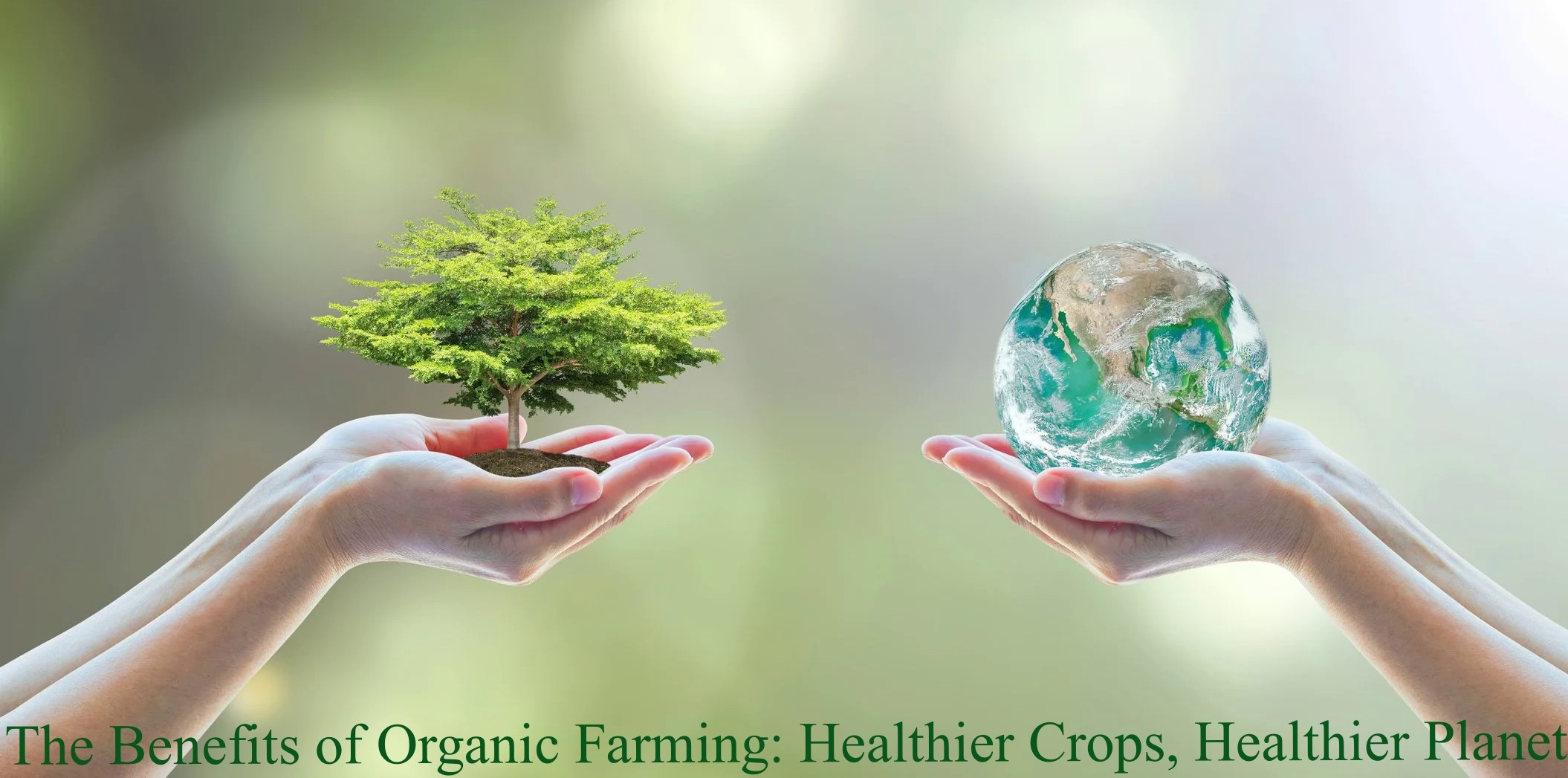Organic farming is becoming increasingly popular as consumers become increasingly concerned about the effects that conventional farming practices can have on both their health and the environment. Organic farming is a form of sustainable agriculture that makes use of natural inputs and practices that are designed to have as little of a negative impact as possible on the surrounding natural environment. This post will discuss the advantages of organic farming, which include producing healthier crops and contributing to a healthier environment.
Healthier Crops
Organic farming practices are designed to promote the health and fertility of the soil, which leads to healthier and more nutritious crops. Organic farmers use natural fertilizers and soil amendments such as compost, manure, and cover crops to build soil health and fertility. This results in crops that are more resistant to pests and diseases, and have higher levels of nutrients such as vitamins, minerals, and antioxidants.
Organic farming also avoids the use of synthetic pesticides and herbicides, which can leave harmful residues on crops and pollute the surrounding environment. Instead, organic farmers use natural pest management techniques such as crop rotation, intercropping, and the use of beneficial insects to control pests and diseases. This leads to crops that are not only healthier but also safer for human consumption.

Healthier Planet
Organic farming practices are also beneficial for the environment, as they help to minimize the negative impacts of conventional farming practices on the planet. Conventional farming practices often involve the use of synthetic fertilizers and pesticides that can leach into the soil and water, polluting the surrounding environment. These practices also contribute to greenhouse gas emissions and the loss of biodiversity.
Organic farming practices, on the other hand, promote the health and fertility of the soil, which leads to increased carbon sequestration and improved water retention. This helps to reduce greenhouse gas emissions and mitigate the impacts of climate change. Organic farming also promotes biodiversity by preserving natural habitats and promoting the use of crop rotations and intercropping, which can help to support a variety of different plant and animal species. In addition, organic farming supports local communities by promoting the use of local resources and reducing the reliance on fossil fuels for transportation. This helps to reduce the carbon footprint of agriculture and support local economies.

Organic farming is a sustainable agricultural system that has numerous benefits for both the health of crops and the health of the planet. By promoting the health and fertility of the soil, organic farming leads to crops that are more resistant to pests and diseases, and have higher levels of nutrients. Organic farming practices also minimize negative impacts on the environment by reducing the use of synthetic inputs and promoting biodiversity. If you’re looking to support a more sustainable and healthier agricultural system, consider choosing organic products and supporting organic farmers in your community.


No comment